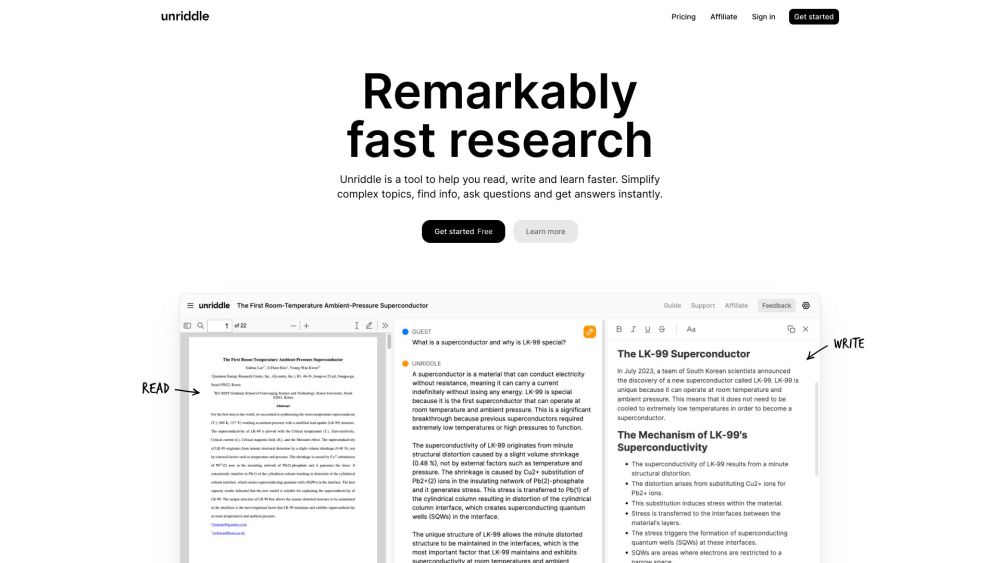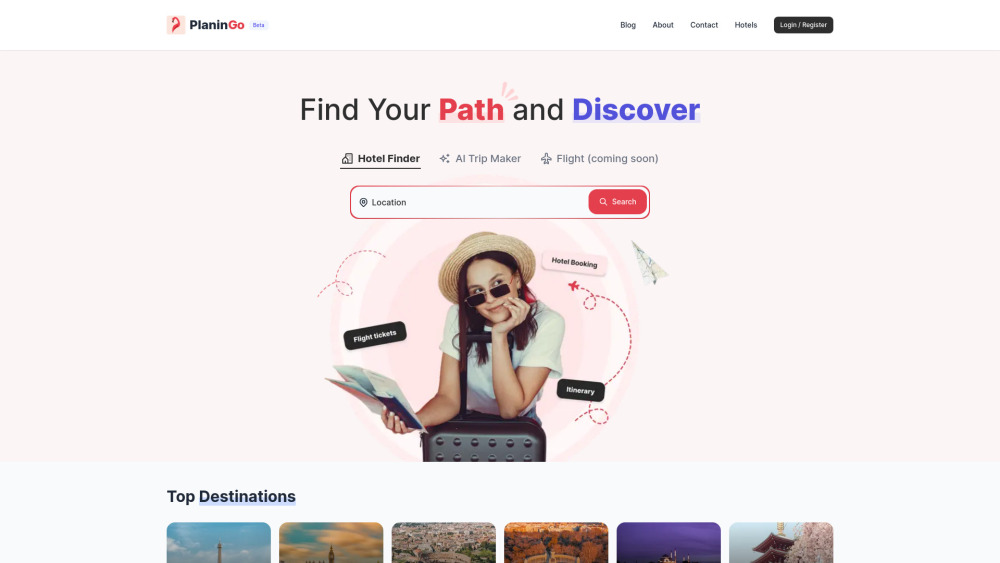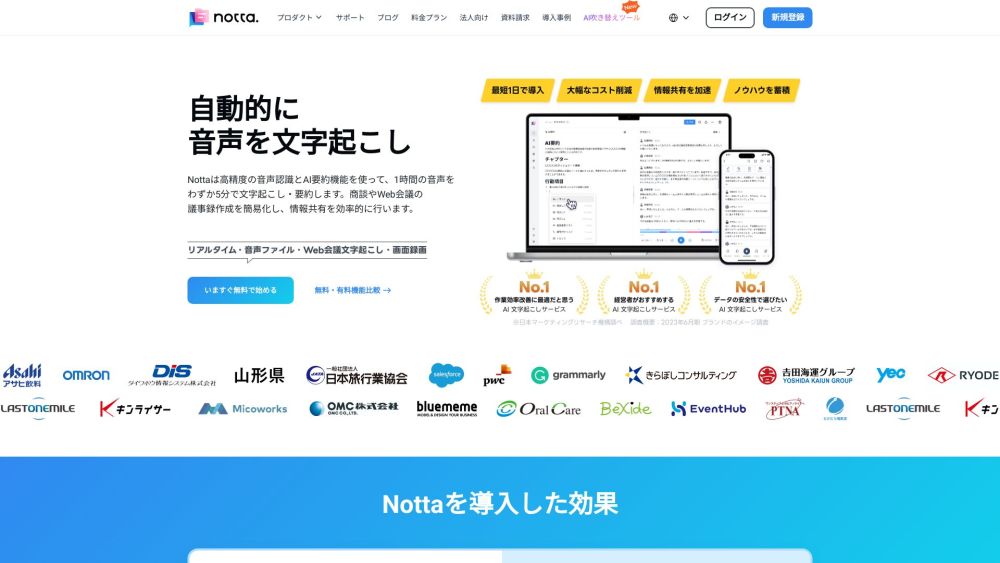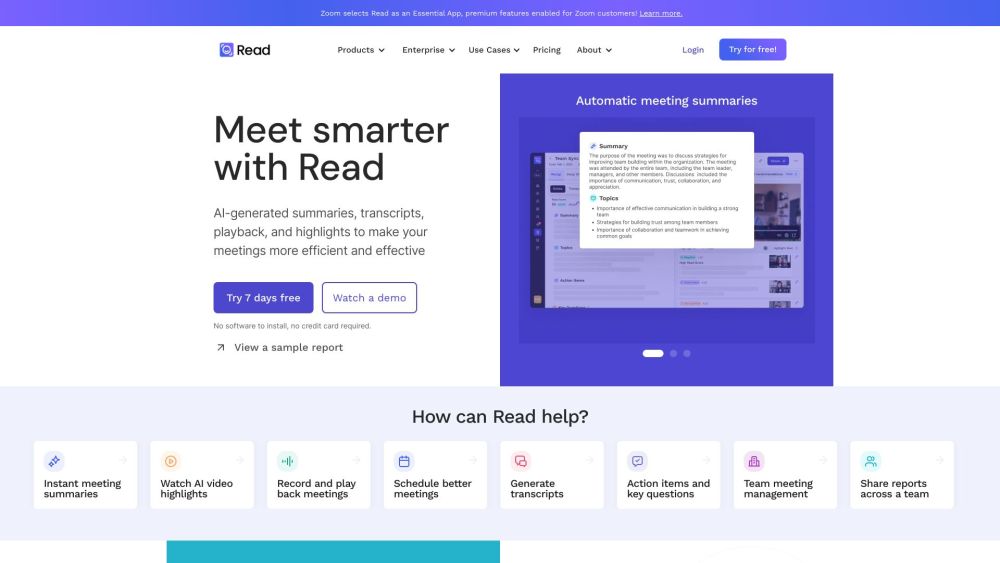Jolla has officially unveiled its much-anticipated personal server-based AI assistant, the Jolla Mind2. This privacy-focused AI device, promises to cater to consumers seeking digital solutions that respect their personal data.
During a livestreamed launch event on Monday, Jolla initiated preorders for the Jolla Mind2, with plans to ship the first units in Europe later this year. Global preorders will start in June, offering international customers the chance to secure this innovative technology.
Since the unveiling of the initial 3D-printed prototype over two months ago, excitement has surged around various consumer-focused AI devices, including Humane’s Ai Pin and the Rabbit R1. However, initial enthusiasm has been dampened by mixed user experiences, revealing a gap between expectation and practicality among emerging AI gadgets. Jolla aims to sidestep these pitfalls, according to CEO and co-founder Antti Saarnio, who emphasizes the importance of moving cautiously in development to ensure they do not overpromise or underdeliver.
Saarnio expressed confidence in the Jolla Mind2, asserting, “This represents a significant disruptive moment for AI, mainly due to its integration into our software.” He acknowledged that previous attempts in the space lacked polish, underscoring the need for reliable software solutions.
The Jolla Mind2 will be priced at €699, which includes VAT. While this is higher than originally anticipated, the device boasts increased specifications with 16GB of RAM and 1TB of storage. To facilitate ongoing AI capabilities, users will also need to budget for a monthly subscription starting at €9.99, adding to the overall cost.
Key Features and Functionality
The Jolla Mind2 is equipped with various productivity-focused AI agents designed to streamline tasks. Users can leverage these features to integrate with essential third-party services via APIs. For example, an email agent can triage inboxes, compose messages, and send them, while a contacts agent effectively organizes information about professional connections.
In a pre-launch video call, Saarnio showcased new capabilities of the Jolla Mind2, including the email agent, document preview and summarization features, e-signing capabilities, and an innovative function dubbed “knowledge bases.” Despite some minor latency issues during the demonstration, Saarnio indicated that the final product will leverage advanced AI to ensure seamless user interactions without manual agent switching.
Future AI agents will encompass a variety of productivity tools, including calendar management, task organization, messaging, and health tracking integration. Central to Jolla’s appeal is its commitment to on-device processing, which keeps user data secure and private, in stark contrast to options like OpenAI’s ChatGPT, which rely on cloud processing.
However, as latency is critical for productivity-focused applications, Jolla is prioritizing performance refinement during development. The device will utilize a small language model featuring approximately 3 billion parameters, which can interact with multiple third-party data sources while maintaining user privacy and data integrity.
Users will have the option to send queries to external large language models if needed, with clear indicators showing the privacy implications of such actions. Jolla is considering a color-coding system to denote the level of data safety associated with different queries.
Security and User Control
The Jolla Mind2 also emphasizes security, featuring a private VPN that ensures secure communication between devices. Encrypted cloud backups of user data will be available to mitigate risks posed by hardware failures. The choice of zero-knowledge encryption architecture remains a pivotal consideration for safeguarding user information, with specifics still under review.
The Jolla Mind2 aims to address concerns over existing AI products that often raise the question: Could this function simply as an app? Notably, Jolla's device is designed for stationary use, making it a dedicated solution rather than a portable one. Users will engage with the device through a chatbot-style interface on their mobile or desktop systems.
Saarnio contends that cloud-based personal server models would present scalability challenges, asserting, “A personal server approach offers a more feasible and cost-effective method for scaling AI processing.”
The “knowledge base” feature enables users to connect with curated repositories of information, expanding the utility of the device. For instance, users can inquire about specific topics, such as deforestation in Africa, and access vetted knowledge bases created by experts in those fields. This vision of empowering users to foster agency over their information sources positions the Jolla Mind2 as a meaningful alternative in the landscape of AI tools.
Conclusion
As Jolla strives to navigate the complexities of launching the Mind2, the company recognizes the need for consumer trust. With plans for B2B licensing and partnerships, Jolla seeks to extend its reach beyond individual customers. However, first and foremost is the commitment to refining the software and collaborating with its community to develop a robust offering.
Jolla is back, and it’s committed to redefining the interaction between users and technology through its innovative AI device.




